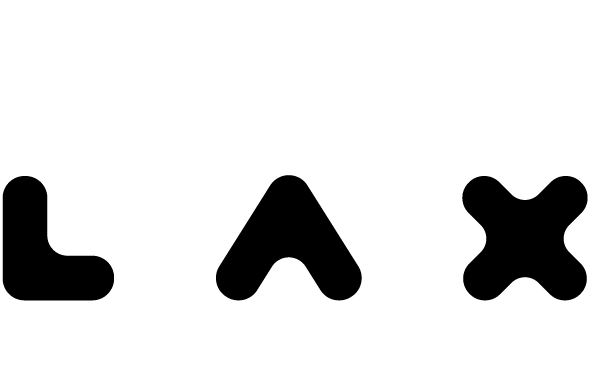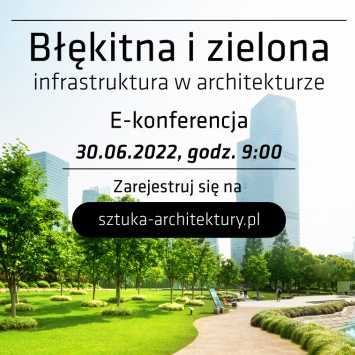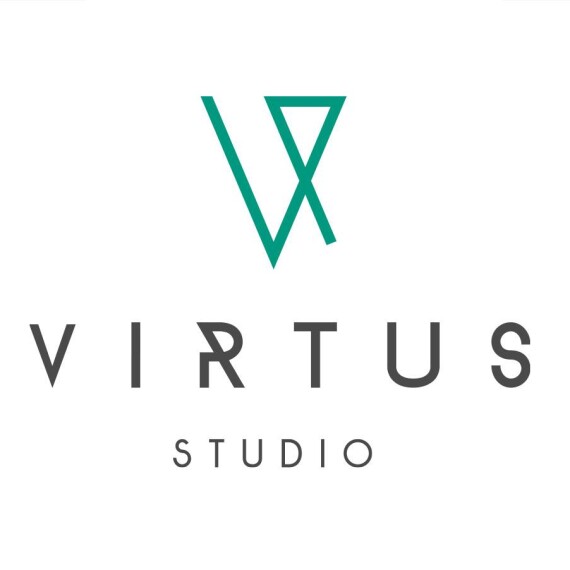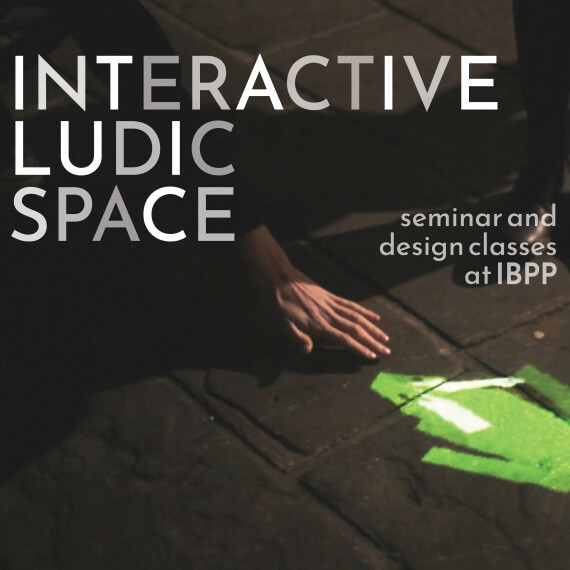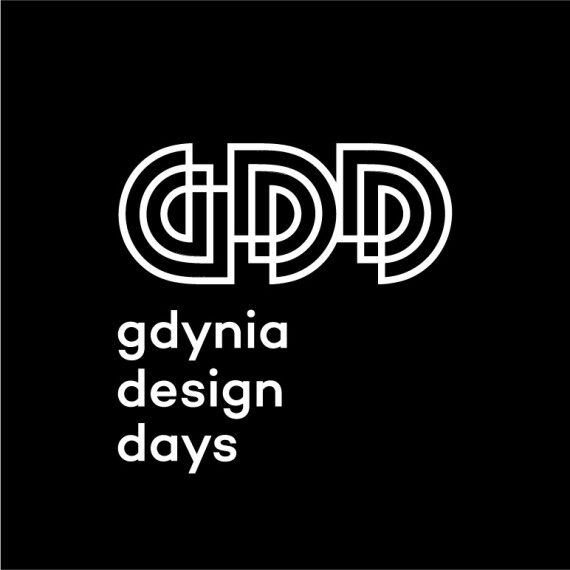LAX was a part of the 2020 edition of “Weekend of Architecture” in Gdynia – an event open to all those interested in contemporary architecture and urban development issues.
Anna and Sebastian delivered a speech as a invited speakers at the Weekend of Architecture in Gdynia.
We spoke about Interactive Architecture – the magic that will come.
About the event:
““City Life: How to Effectively Improve City Space”
Cities fill a huge part of our lives. These are places that generate billions of interpersonal interactions, integrate hundreds of people around common interests and professions, stimulate creativity, and allow them to experience many unique social and cultural experiences.
Cities also suffer severe failures, commit countless mistakes, are affected by problems of a scale that are sometimes difficult to tame. From brilliance, glory to a feeling of bitter defeat.
The problems that affect the city are mostly predictable, often already diagnosed and thoroughly known. Despite this, no city in the world works perfectly. Each of them should also take into account crises, more difficult moments.
Ideal cities were to be built according to brilliant designs by outstanding urban planners and architects of the 20th and 21st centuries, convinced of their infallibility. As a rule, the theoretical ideal turned out to be only a phantom of dream visions. The difficult to estimate number of “perfect cities of the future” had to come to terms with the necessity to learn new lessons.
In our discussion, we assume that modern cities, although they will never become ideal for everyone, can undergo effective modernization processes, and should learn to prevent potential crises and threats as effectively as possible.“
